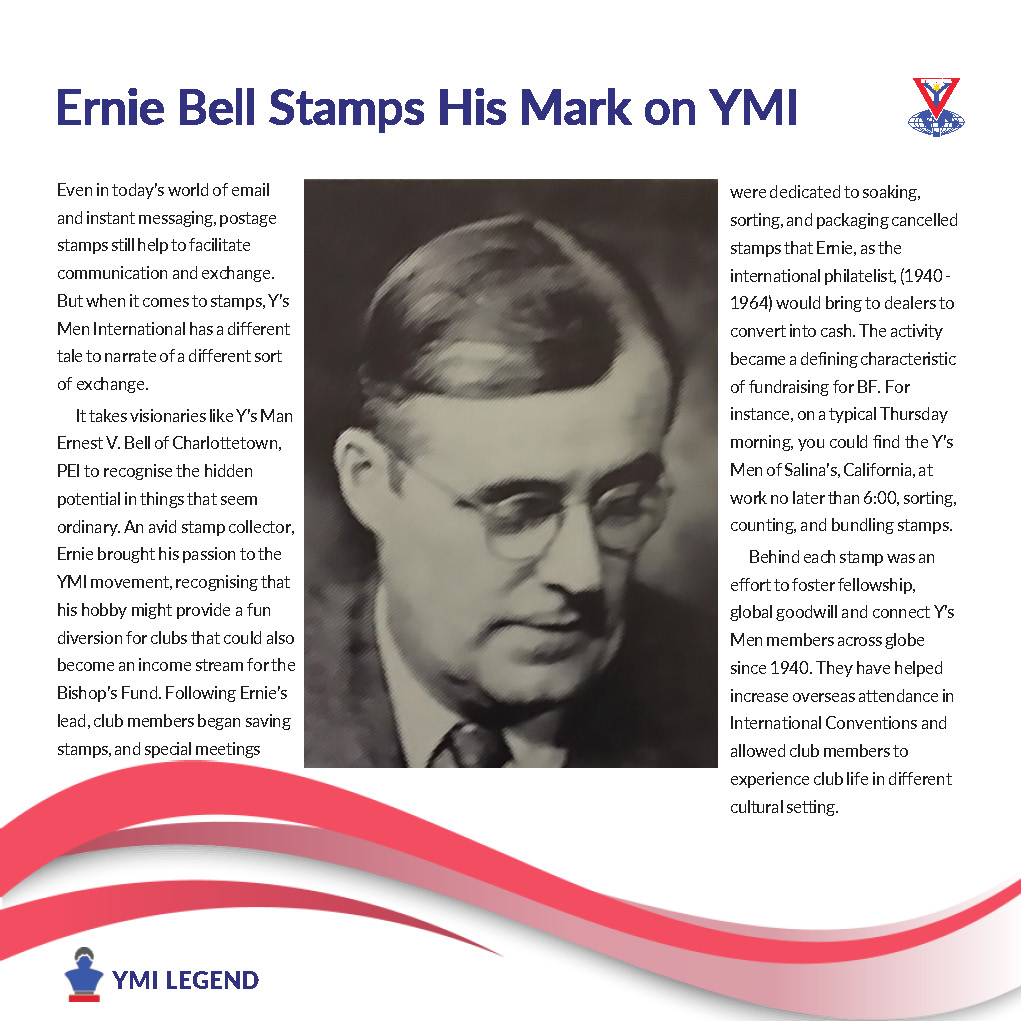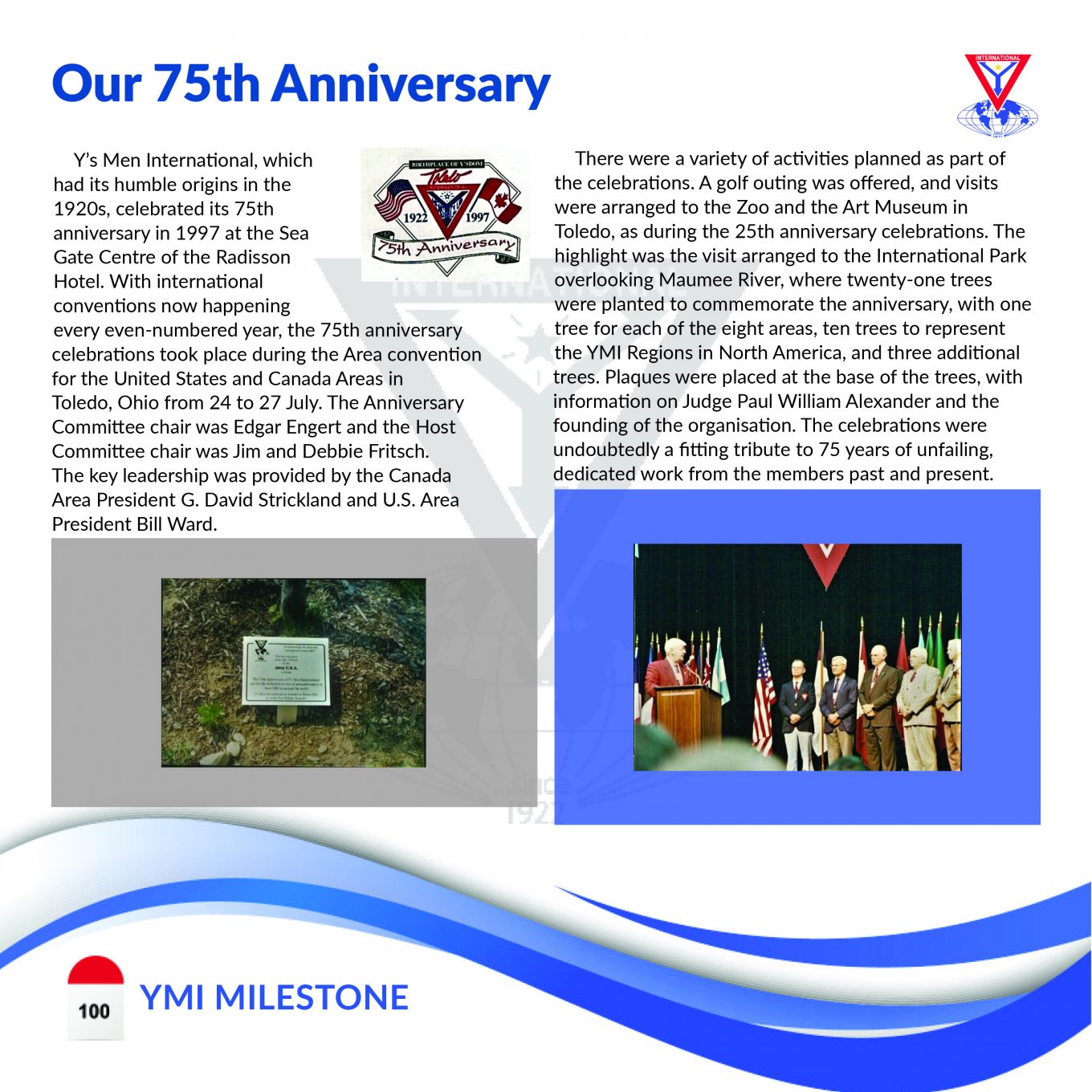Legacy Story: Crafting A Timeless Narrative That Transcends Generations
Legacy stories have always been a powerful way to connect individuals with their past and shape their future. They inspire, teach, and preserve the essence of who we are. Whether it's about family traditions, cultural heritage, or personal achievements, these narratives create an enduring impact that resonates across generations.
In today's fast-paced world, where technology dominates and attention spans are shrinking, the importance of legacy stories has never been more significant. They serve as a reminder of our roots, values, and aspirations, helping us stay grounded while navigating life's complexities. By documenting and sharing these stories, we ensure that they continue to inspire and influence those who come after us.
This article dives deep into the concept of legacy stories, exploring their significance, components, and methods to create impactful narratives. We'll also discuss real-life examples, expert advice, and actionable tips to help you craft your own legacy story. Let's embark on this journey together and uncover the power of storytelling in shaping our lives and futures.
Read also:Cne Consulta Ve A Comprehensive Guide To Vehicle Verification In Venezuela
Table of Contents
- What is a Legacy Story?
- The Importance of Legacy Stories
- Key Elements of a Compelling Legacy Story
- How to Create a Legacy Story
- Real-Life Examples of Legacy Stories
- Tools and Resources for Creating Legacy Stories
- Tips for Successfully Crafting Your Legacy Story
- Challenges in Creating Legacy Stories and Solutions
- The Impact of Legacy Stories on Families
- The Future of Legacy Storytelling
What is a Legacy Story?
A legacy story is a narrative that captures the essence of a person, family, or organization's history, achievements, and values. It goes beyond mere facts and figures to weave together emotions, experiences, and lessons learned. These stories often include milestones, challenges overcome, and the wisdom gained along the way. Legacy stories can take many forms, including written memoirs, video interviews, or even digital archives.
Types of Legacy Stories
There are various types of legacy stories, each serving a unique purpose:
- Personal Legacy Stories: Focus on an individual's life journey, achievements, and lessons.
- Family Legacy Stories: Document the history, traditions, and values passed down through generations.
- Organizational Legacy Stories: Highlight the evolution, successes, and contributions of a business or institution.
The Importance of Legacy Stories
Legacy stories play a crucial role in preserving history, fostering connection, and inspiring future generations. They provide context for understanding where we come from and offer guidance for where we're headed. According to a study by the Association of Personal Historians, individuals who document their legacy stories report increased satisfaction and a deeper sense of purpose.
Psychological Benefits of Legacy Storytelling
Engaging in legacy storytelling can have profound psychological benefits:
- Enhances self-awareness and reflection.
- Promotes emotional healing and closure.
- Strengthens relationships through shared experiences.
Key Elements of a Compelling Legacy Story
To create a legacy story that resonates, consider incorporating these essential elements:
- Authenticity: Be honest and transparent in sharing your experiences.
- Emotional Connection: Tap into the emotions that drive your narrative.
- Structure: Organize your story with a clear beginning, middle, and end.
- Visuals: Use photographs, videos, or artifacts to enhance the storytelling experience.
How to Create a Legacy Story
Creating a legacy story involves several steps, from planning to execution. Here's a step-by-step guide:
Read also:Are Miracle Watts And Apple Watts Related Unveiling The Truth
- Define Your Purpose: Determine the message you want to convey and the audience you're targeting.
- Gather Information: Collect relevant data, stories, and media from family members, friends, or colleagues.
- Organize Your Content: Structure your narrative in a logical and engaging manner.
- Review and Refine: Edit your story for clarity, coherence, and impact.
Interview Techniques for Collecting Legacy Stories
When interviewing someone for their legacy story, use open-ended questions to encourage detailed responses. For example:
- What are some of the most memorable moments in your life?
- How have your values shaped your decisions over the years?
- What advice would you give to future generations?
Real-Life Examples of Legacy Stories
Many individuals and organizations have successfully crafted impactful legacy stories. For instance, the late Maya Angelou's memoir, "I Know Why the Caged Bird Sings," serves as a powerful legacy story that continues to inspire readers worldwide. Similarly, companies like Coca-Cola have leveraged their rich history to build a strong brand identity that resonates with consumers.
Legacy Stories in Popular Culture
Legacy stories are prevalent in popular culture, often portrayed in films, books, and documentaries. These narratives help audiences connect with characters on a deeper level and understand the broader context of their lives.
Tools and Resources for Creating Legacy Stories
Various tools and resources are available to assist in creating legacy stories:
- StoryCorps: A nonprofit organization that helps people record and preserve their stories.
- FamilySearch: A genealogy platform that aids in tracing family histories and building legacy stories.
- Canva: A design tool that allows users to create visually appealing digital legacy stories.
Technology's Role in Legacy Storytelling
Advancements in technology have revolutionized the way we create and share legacy stories. From virtual reality experiences to AI-driven storytelling platforms, these innovations offer new opportunities to engage and educate audiences.
Tips for Successfully Crafting Your Legacy Story
To ensure your legacy story makes a lasting impact, consider the following tips:
- Start early to capture as much detail as possible.
- Involve family members or colleagues to enrich the narrative.
- Use multimedia elements to enhance engagement.
Engaging Your Audience
Creating a connection with your audience is vital for the success of your legacy story. Use relatable anecdotes, vivid descriptions, and interactive elements to keep them engaged throughout the narrative.
Challenges in Creating Legacy Stories and Solutions
While creating a legacy story can be rewarding, it also presents challenges such as:
- Time Constraints: Allocate dedicated time for planning and execution.
- Privacy Concerns: Obtain consent from all parties involved before sharing sensitive information.
- Technical Issues: Utilize user-friendly tools and seek professional assistance if needed.
Overcoming Resistance
Some individuals may resist sharing their stories due to fear or discomfort. Encourage open communication and emphasize the value of preserving their legacy for future generations.
The Impact of Legacy Stories on Families
Legacy stories strengthen familial bonds by providing a shared history and set of values. They help bridge generational gaps and foster a sense of belonging among family members. Studies show that families who actively engage in legacy storytelling report higher levels of cohesion and understanding.
Intergenerational Learning
Legacy stories facilitate intergenerational learning by passing down knowledge, skills, and cultural practices. This exchange enriches the lives of both older and younger generations, promoting mutual respect and appreciation.
The Future of Legacy Storytelling
As technology continues to evolve, so too will the methods of legacy storytelling. Virtual reality, augmented reality, and artificial intelligence are just a few examples of emerging technologies that could transform the way we create and experience these narratives. The future of legacy storytelling lies in embracing these innovations while maintaining the authenticity and emotional depth that define the genre.
Trends in Legacy Storytelling
Emerging trends in legacy storytelling include:
- Interactive digital archives.
- Personalized AI-generated narratives.
- Global collaborative platforms for sharing stories.
Conclusion
Legacy stories hold immense power to inspire, educate, and connect individuals across generations. By understanding their significance, components, and methods of creation, you can craft a narrative that resonates with your audience and leaves a lasting impact. Take the first step today by documenting your own legacy story or encouraging loved ones to do the same. Share this article with others who might benefit from it, and explore more resources on our website to further enhance your storytelling journey.
Article Recommendations


